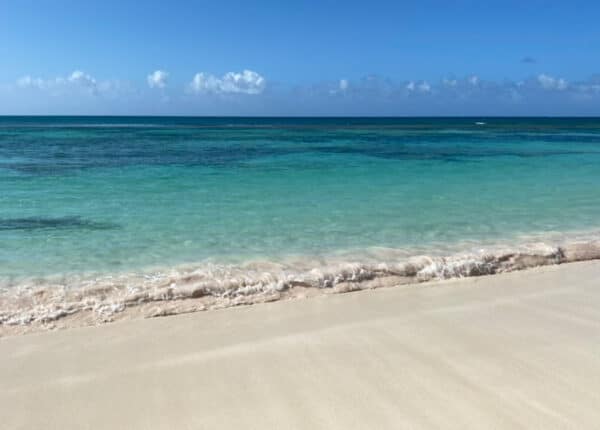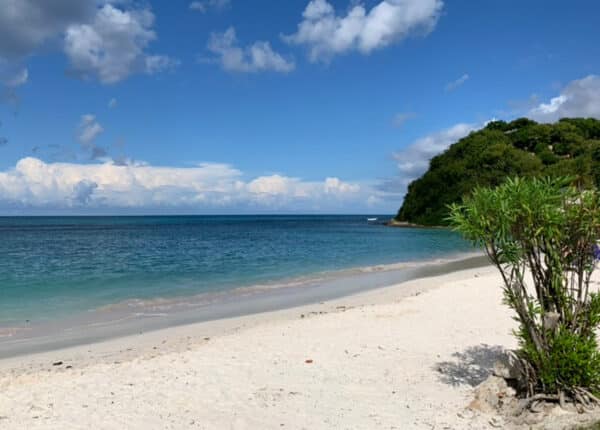Op-Ed: Toward A New Trajectory For Caribbean Development
By Keston K Perry
Op-Ed Contributor
With the untimely passing of Norman Girvan, the last Caribbean political economist of the earlier critical tradition, a major gap in radical ideas needs to be filled.
These ideas must come from a new generation of researchers willing to take the lead, and who have practical problems of the region at the heart of their concerns, drawing up Girvan’s and others’ very rich insights.
Indeed, the history of the English-speaking Caribbean has been punctuated by several important opportunities for learning and transformation.
One of these most recent experiences should indeed have been the Economic Partnership Agreement (EPA), yet to be fully implemented in some jurisdictions.
The end of preferential access to European markets had several precursors, for which it seemed Caribbean policymakers, institutions and the private sector were ill-prepared.
The expansion of the European Union and global economic restructuring, based on World Trade Organization (WTO) rules, meant that preferential trade access was untenable.
Indeed, in several respects, the WTO and other multilateral agencies have not always acted in the best interest of developing countries, compared to experiences of transformation in richer countries. However, it might have done past leaders and policy-makers well to lay the groundwork for inter-generational dialogue and put in place mechanisms for institutional learning.
Indeed, existing perennial challenges have implications for structural change that is necessary for development in the Caribbean.
Caribbean economic institutions have experimented with various strategies and organizational forms to stimulate economic growth.
From state-driven industrialization, to import substitution, infant industry protection (somewhat derailed by global rules), industrialization by invitation, trade centric growth and new forms of liberalization have had mixed results at best.
Industrialization, to a large extent, has been premature, except in the larger states, like Trinidad and Tobago, Suriname, Barbados, Guyana, Belize and, to a lesser extent, Jamaica.
These varied approaches have been consistent with the ebbs and flows of the global economy into which the region has long been integrated.
Notwithstanding the radical approaches advocated by the New World Group, it has been difficult to identify a distinctive and truly self-sustaining model.
However, there is enormous opportunity for learning from these past efforts that have hitherto been misunderstood or ignored, that could potentially have a transformative effect in fashioning fit-for-purpose economic institutions. The impetus for such learning and hopeful transition seems to be absent or fragmented. There is thus a need to draw upon these various experiences as inputs in formulating a new paradigm.
For the private sector, the situation is indeed very complex and dire, as historical regimes tend to create path dependencies, resulting in inflexible structures and risk aversion.
Existing economic structures produce particular opportunities for investment given globally integrated supply chains, over which small developing countries have little control.
East Asian countries have, however, shown over time that they can break away from these rigid structures and become global players through effective learning mechanisms and economic strategies.
Thus, all is not lost. These complexities demonstrate that adopting a learning approach through understanding historical constraints, tapping into resources, forging appropriate partnerships, and incrementally creating advantages based upon existing technologies and niche product markets can be a game changer for the region.
Simply employing emerging technology without the required human capital and systems that support such technologies would not bring about desired results. To build capacities requires time, effort, understanding and investment.
Investment is crucial to acquire technologies and develop human capital in order to innovate. In the present economic circumstances, regional states may not have access to customized financial instruments for innovation projects.
Additionally, the markets for innovative products and services from the Caribbean need to be identified, if not created. On both these fronts, brokering partnerships with Caribbean expatriates who own and operate firms, consultancies and who belong to business associations abroad can help boost productive capacity. Gaining relevant market intelligence, serving as intermediaries to penetrate new markets and sources of risk capital and knowledge to diversify product/service offerings are some benefits.
In the final analysis, putting the Caribbean on a new growth trajectory requires optimizing these important assets, a focus on learning, and releasing unproductive hang-ups.
It would seem that many in the region are averse to facing difficult historical lessons. It is an essential first step.
Through learning, we can effectively determine which resources need to be leveraged, how to create new opportunities, how to engage within the dynamic global environment and foster meaningful partnerships to ensure the region’s future growth and sustainability.
Keston Kyle Perry is in the Department of Development Studies at the University of London’s School of Oriental and African Studies.
Note: the opinions expressed in Caribbean Journal Op-Eds are those of the author and do not necessarily reflect the views of the Caribbean Journal.







